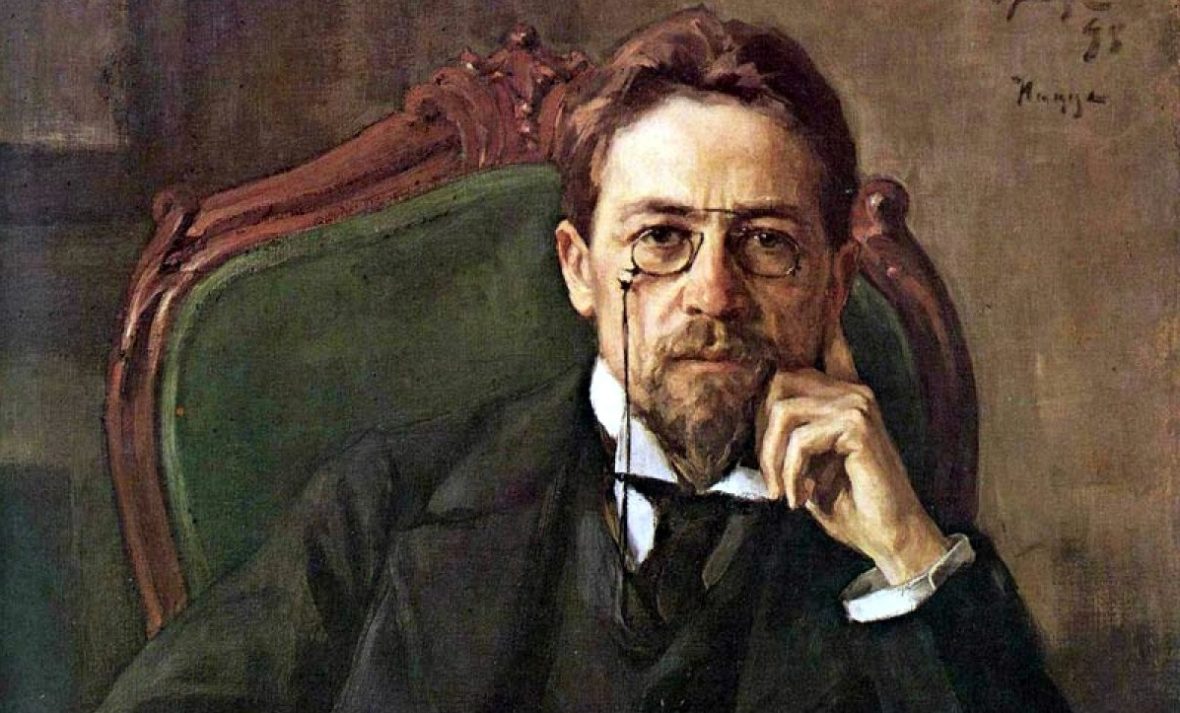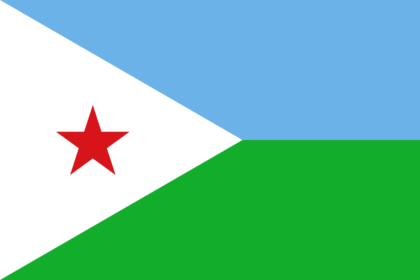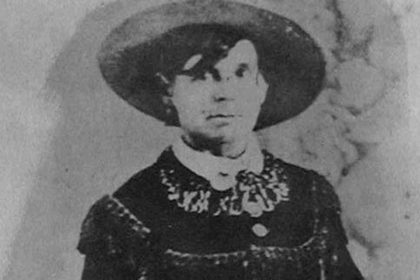Anton Pavlovich Chekhov was a Russian playwright and short-story writer, who is considered to be among the greatest writers of short fiction in history. His career as a playwright produced four classics, and his best short stories are held in high esteem by writers and critics. Take a look below for 30 more awesome and interesting facts about Anton Pavlovich Chekhov.
1. Along with Henrik Ibsen and August Strindberg, Chekhov is often referred to as one of the three seminal figures in the birth of early modernism in the theater.
2. Chekhov practiced as a medical doctor throughout most of his literary career.
3. Chekhov renounced the theater after the reception of “The Seagull” in 1896, but the play was revived to acclaim in 1898 by Konstantin Stanislavski’s Moscow Art Theater, which subsequently also produced Chekhov’s “Uncle Vanya” and premiered his last two plays, “Three Sisters” and “The Cherry Orchard.”
4. Chekhov had at first written stories only for financial gain, but as his artistic ambition grew, he made formal innovations which have influenced the evolution of the modern short story.
5. He was born on January 29th, 1860, in Taganrog in the Russian Empire.
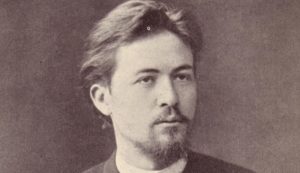
6. His father was Pavel Yegorovich Chekhov, a grocer, and his mother was Yevgeniya Chekhov, a woman said to have had an amazing gift for telling stories, which she often did to her six children.
7. His father bankrupted the family by making poor financial decisions and when the family moved to Moscow so his father could avoid debtor’s prison, Chekhov stayed behind in Taganrog to attend school.
8. To pay for his education, Chekhov made money in a variety of ways, including selling short comic pieces to newspapers.
9. He went to Moscow in 1879 after being accepted to I.M. Sechenov First Moscow State Medical University. He became a physician in 1884.
10. Although Chekhov became a physician, he often treated his patients for free and earned money from his writing.
11. He began coughing up blood in 1884 and 1885, but refused to tell his family that he had tuberculosis.
12. In 1887, Chekhov won the Pushkin Prize for his short story collection “At Dusk.”
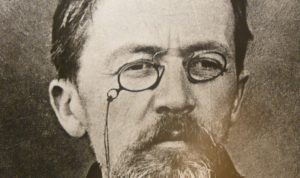
13. After a trip to Ukraine in 1887, Chekhov wrote the novella-length short piece titled “The Steppe.” His story was published in “Severny Vestnik”, a literary journal.
14. In 1887, he was asked to write a play, which he wrote and titled “Ivanov.” It was produced and it became a hit.
15. In 1889, Chekhov’s brother Nikolay died from tuberculosis. He wrote “A Dreary Story,” a short story about a man who has reached the end of his life and realizes that he had no purpose.
16. Chekhov began to search for purpose in his own life after Nikolay’s death and focused on prison reform. His findings after a trip to a prison on an island north of Japan resulted in a social science piece titled “Island of Sakhalin” published in 1893 and 1894.
17. He bought a country estate in 1892 called Melikhovo.
18. While in Melikhovo, he began organizing relief efforts for those affected by cholera and famine. He built a clinic, fire station and three schools to help the local peasants.
19. He donated his medical services to help those in need, even while suffering with the symptoms of tuberculosis.
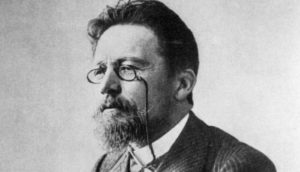
20. In 1898, with his health failing, Chekhov bought a piece of land near Yalta and built a villa for himself, his mother and his sister.
21. At his home, he was visited by other literary greats including Leo Tolstoy and Maxim Gorky.
22. He married Olga Knipper in 1901. She was an aspiring actress and lived in Moscow and he remained at Yalta.
23. By May 1904, Chekhov was terminally ill with tuberculosis.
24. His body was transported to Moscow in a refrigerated railway car meant for oysters, a detail that offended Gorky.
25. Some of the thousands of mourners followed the funeral procession of a General Keller by mistake, to the accompaniment of a military band.
26. Chekhov was buried next to his father at the Novodevichy Cemetery.
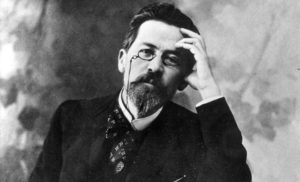
27. A few months before he died, Chekhov told the writer Ivan Bunin that he thought people might go on reading his writings for seven years. “Why seven?” asked Bunin. “Well, seven and a half,” Chekhov replied. “That’s not bad. I’ve got six years to live.”
28. In Chekhov’s lifetime, British and Irish critics generally didn’t find his work pleasing.
29. One of the first non-Russians to praise Chekhov’s plays was George Bernard Shaw, who subtitled his “Heartbreak House”.
30. Despite Chekhov’s reputation as a playwright, William Boyd asserts that his short stories represent the greater achievement.

